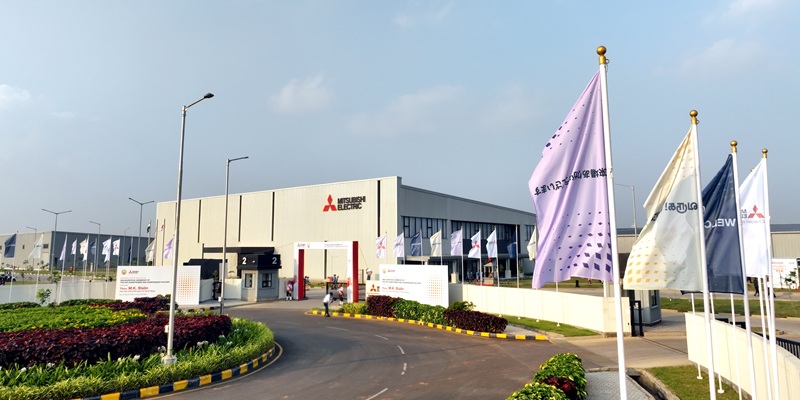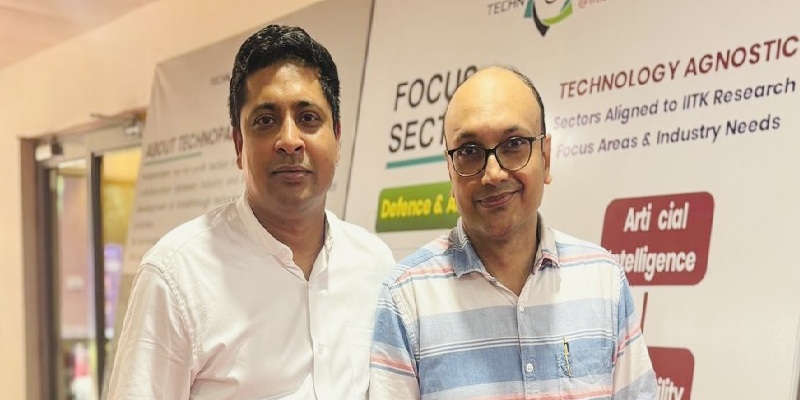Schedule a Call Back
Opportunities far outweigh the challenges in India
 Interviews
Interviews- Apr 01,18

Related Stories
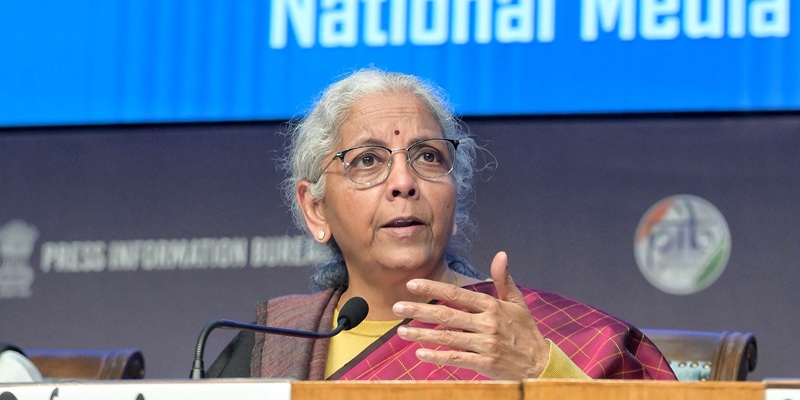
Budget 2026 sharpens focus on manufacturing scale-up across strategic sectors
Union Budget 2026–27 advances manufacturing-led growth with sectoral schemes, higher outlays and supply-chain reforms.
Read more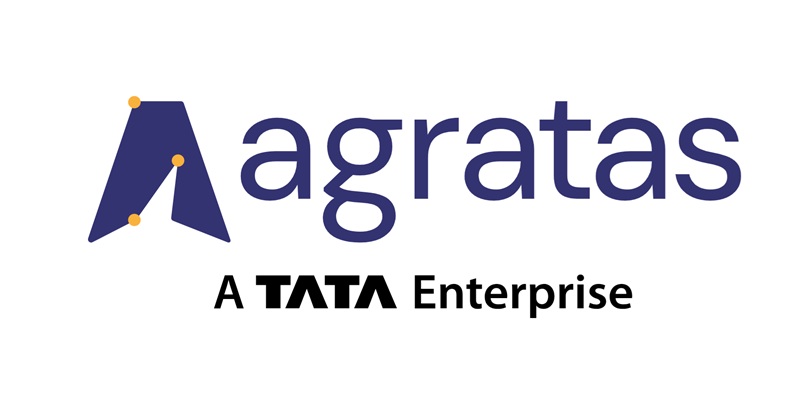
Agratas Advances Sanand Battery Plant Construction in Gujarat
Tata Group’s Agratas is accelerating construction of its Sanand battery facility, a major clean energy investment set to strengthen India’s advanced cell manufacturing capability.
Read more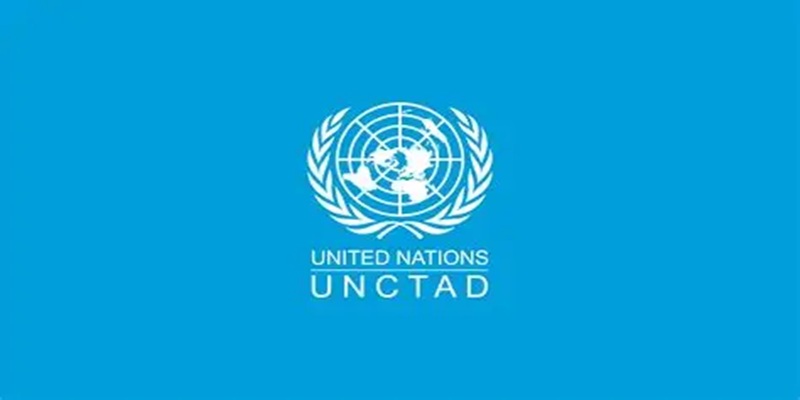
India Sees Slump in Greenfield Projects in Manufacturing: UNCTAD
India has witnessed a significant decline in greenfield manufacturing projects as global foreign direct investment (FDI) dropped in the first half of 2025, with tariff uncertainty exacerbating the s..
Read moreRelated Products
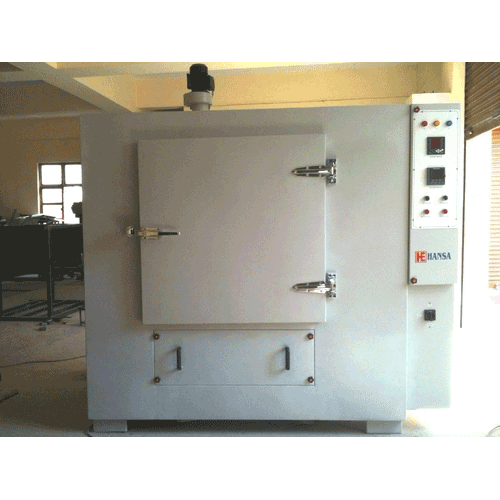
Heavy Industrial Ovens
Hansa Enterprises offers a wide range of heavy industrial ovens.
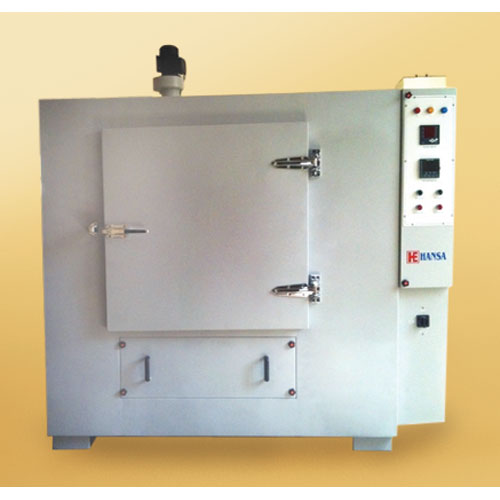
High Quality Industrial Ovens
Hansa Enterprises offers a wide range of high quality industrial ovens. Read more
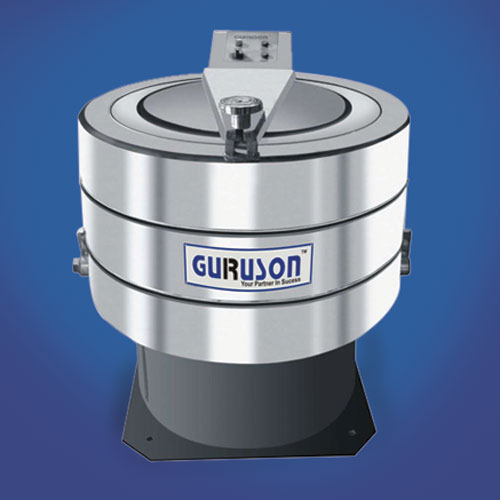
Hydro Extractor
Guruson International offers a wide range of cone hydro extractor. Read more





